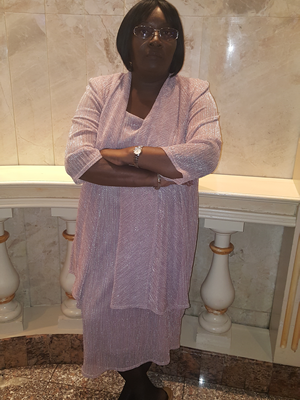What Is Follow Up Care for Cancer Treatment and Why Is It Necessary?
The most common treatment for cancer is to surgically remove the tumor and the surrounding tissue. It is one of the oldest types of cancer treatment and remains as the most effective way to treat it. However, after surgery, it is highly essential that patients follow all the post operative care as recommended by the doctor.
What is follow-up cancer care and why is it important?
Follow up care for cancer includes regular medical checkups. These include basic reviews via imaging procedures so that you get a pictorial view of the operated area, endoscopy that includes the use of a thin light tube to examine the interior of the body, some blood test and such other lab tests. These tests are important because they help identify the changes in the health of a patient. However, the main aim of these tests is to check for recurrence of the cancer in the primary site or the other parts of the body. These checkups are also important to diagnose and prevent other types of cancers that may occur. Certain ongoing problems can be treated effectively. Physical and psychological problems that develop long after the treatment is over can be essentially detected and avoided.
What should patients look out for?
Patients should take an active part in their post operative care. It is important to observe any symptoms that may indicate that the cancer has returned. Also make a note of other physical problems that interfere with your daily lives such as fatigue or difficulty in concentrating, memory changes, trouble sleeping and excessive weight loss or weight gain. It is important that patients are aware of the slightest changes in their health and report it to the doctors during their next scheduled visits.
What is the frequency of follow-up care?
There is no standard frequency for follow-up care for cancer. It mainly depends upon the individual, the type of cancer treated, the type of treatment received and the overall health of the patient. In general, these appointments are scheduled every 3 -4 months and may continue until 2 to 3 years after the treatment. It generally depends on the doctor’s judgment of the case.
During the post operative care and follow-up care at a cancer hospital, it is necessary that patients maintain a clear communication with their doctors and care givers. This is essential so that any abnormal cell behavior can be detected early before they turn into cancerous cells. Any other symptoms such as memory problems, lack of concentration and fatigue can be easily detected and proper action can be taken.
It is common for cancer patients to experience depression, stress and anxiety. In such cases, doctors may recommend counselors and therapists. Relaxation techniques such as rhythmic breathing and meditation can help deviate your thoughts from the disease and help you cope with depression.
Overall, it’s important to understand that cancer care is not completed when the surgery is over. It requires you to take a lot of care even after the treatment in order to recover and return back to normal life!













 Hits Today : 1276
Hits Today : 1276 Total Hits : 974572
Total Hits : 974572 Who's Online : 1
Who's Online : 1